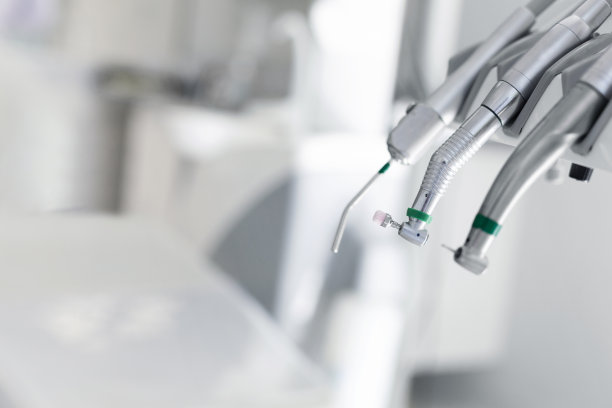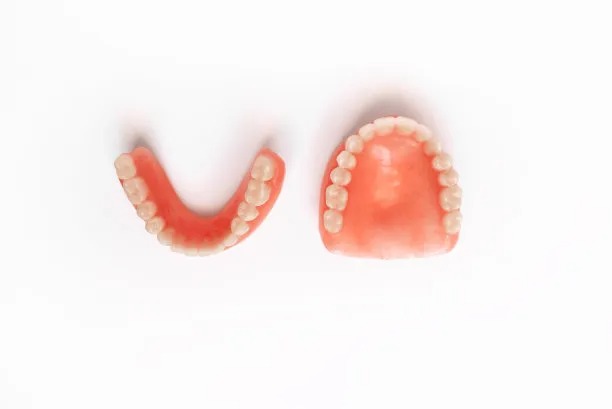Summary: Dental fillings are an essential aspect of modern dentistry, serving to restore teeth damaged by decay or injury. To promote optimal oral health and ensure the longevity of restoration work, patients must adhere to specific precautions. This article delineates four crucial areas of focus: post-filling care, dietary choices, regular dental check-ups, and the importance of adhering to oral hygiene practices. By understanding these aspects, individuals can significantly enhance the effectiveness of their dental fillings and overall oral health.
1. Importance of Post-Filling Care

After receiving a dental filling, proper post-operative care is paramount for a successful recovery. Immediately following the procedure, it is essential to avoid consuming hot or cold foods and beverages. This helps prevent discomfort as the tooth may still be sensitive. Your dentist may advise you to stick to a soft diet for the first few days to minimize pressure on the restored tooth.
Another fundamental aspect of post-filling care is recognizing and reporting any unusual sensations. If you experience persistent pain, sensitivity, or discomfort at the filling site, contacting your dentist promptly is crucial. Such symptoms may indicate that the filling is too high or that additional treatment is needed.
Lastly, resting the affected area after your filling is beneficial. Avoid vigorous chewing or grinding of teeth during the initial healing period, as this can lead to complications that could compromise your restoration. Giving your mouth time to recover can ensure that the filling remains intact and functional.
2. Smart Dietary Choices After Fillings
Your diet plays a significant role in the longevity of dental fillings. After receiving a filling, it is advisable to avoid sticky or chewy foods that might pull at the filling or cause detachment. Items like caramel, taffy, or even certain types of bread can pose risks to the integrity of your dental restoration.
Additionally, maintaining a balanced diet rich in vitamins and minerals can aid in the overall health of your teeth and gums. Foods high in calcium and phosphorus, like dairy products and leafy greens, help fortify tooth enamel, which contributes to the durability of fillings.
Lastly, hydration is key. Drinking ample water not only supports your oral health but also helps wash away food particles and bacteria that can lead to further decay. Avoiding sugary drinks, especially within the immediate aftermath of a filling, is crucial in preventing unnecessary stress on your dental work.
3. The Necessity of Regular Dental Check-Ups
Regular dental check-ups are vital for monitoring the condition of your dental fillings and ensuring your oral health is maintained. Dentists can identify early signs of wear or potential complications with existing fillings during routine examinations, allowing for prompt intervention.
In addition to checking your fillings, dental professionals can provide cleanings to remove plaque and tartar buildup, which contributes to the health of both natural teeth and restorations. A thorough cleaning reduces the risk of further dental problems that could compromise filling integrity.
Furthermore, these visits allow for personalized preventive advice tailored to your dental needs. Regular consultations enable your dentist to assess your lifestyle habits and suggest modifications that promote the longevity of your fillings and overall oral well-being.
4. Adherence to Oral Hygiene Practices
Maintaining excellent oral hygiene practices is essential after getting dental fillings. Brushing your teeth at least twice daily with fluoride toothpaste can help protect both your natural teeth and fillings. It is imperative to brush gently around the filled area, being careful not to dislodge any material.
Flossing remains a vital practice to prevent plaque buildup between teeth. Special care is needed to ensure you effectively clean around the filled tooth without causing damage. A floss threader or super-floss can aid in maneuvering around dental work.
Additionally, using an antibacterial mouthwash can further enhance your oral hygiene routine, providing extra protection against germs and promoting the healing of your mouth following the filling procedure. This step can be integral in ensuring that your mouth remains healthy and your fillings last longer.
Summary:
Maintaining optimal oral health following a dental filling requires diligence and understanding. By prioritizing post-filling care, making conscious dietary choices, attending regular dental check-ups, and adhering to rigorous oral hygiene practices, individuals can significantly improve the longevity of their dental restoration work. A proactive approach will not only ensure that your dental fillings serve their purpose but will also contribute to overall oral well-being.
This article is compiled by Vickong Dental and the content is for reference only.
Vickong Dental
Vickong Dental is a large medical group established in Hong Kong in 2008 by professors from well-known medical universities in Guangdong and Hong Kong, as well as medical doctors from key national '985' universities (including Master's supervisors and senior professors). The chain of branches brings together expert dentists with PhDs and Master's degrees from Hong Kong and Mainland China, committed to providing high-quality dental treatment.
"Vickong Dental Practices the University Motto of 'Healing and Serving Society,' with a Stable Operation for Sixteen Years. It Has Been honored with Hong Kong Enterprise Leaders's Choice,' and is a Global Trusted Implant Center for the Nobel Implant System. Recommended by Hong Kong Metro Broadcast and Guangdong Television, it Serves Customers from Over Thirty Countries and Regions, Gaining the Trust and Favor of Citizens from the Guangdong-Hong Kong-Macau Greater Bay Area and Surrounding Cities.

Thousands of customers' unanimous praise
The most recognized and highly recommended dental service by customers in the Guangdong-Hong Kong-Macau Greater Bay Area
We Ensure You Receive Detailed Care and Attention Here
Hong Kong standards, Shenzhen prices, Your Trusted English-speaking dentists

Vickong Dental Medical-Grade Instrument Disinfection Process
Vickong Dental Medical-Grade Instrument Disinfection Process

Vickong Dental Chain: A Warm and Comfortable Environment for Treatment






Appointment Hours

Q&A
Why choose Vickong Dental?
Vickong Dental practices the university motto 「Medicine to Benefit Society」, with each branch bringing together highly qualified dentists with doctoral and master’s degrees from Hong Kong and the Mainland, and has maintained seventeen years of steady operation。Recipient of 「2024 Hong Kong Enterprise Leaders Brand」, 「2025 Hong Kong Enterprise Leaders Brand」, a Nobel Biocare Global Trusted Implant Center, and a brand recommended by Metro Radio Hong Kong and Guangdong TV。
To date, we have served customers from more than thirty countries and regions,earning exceptionally high word-of-mouth recognition and trusted recommendations from residents across the Guangdong-Hong Kong-Macao Greater Bay Area and surrounding cities
We have eight major branches in Zhuhai、Shenzhen,and a consultation and service assurance center in Hong Kong,so you can book a free consultation at any time for any questions,which is very reassuring.
If I do not accept the quotation after the CT scan, will I be charged??
No! As long as the actual treatment has not started, you will not be charged any fees.
Will there be any additional charges during the treatment process?
No, there won’t be any additional charges. Before treatment begins, we will clearly explain the treatment plan and its corresponding fees. Only after the patient agrees and signs the consent form will we proceed with the dental service.
Can I pay in Hong Kong dollars?
Yes. Vickong Dental accepts payment in Hong Kong dollars. The amount will be converted based on the exchange rate of the day, and the applicable rate will be clearly communicated to you in advance.
Can I reschedule my appointment at any time?
Yes. Please contact us via **WeChat** or **WhatsApp** as early as possible, providing your original appointment time and details, along with your preferred new date and time slot for rescheduling.













